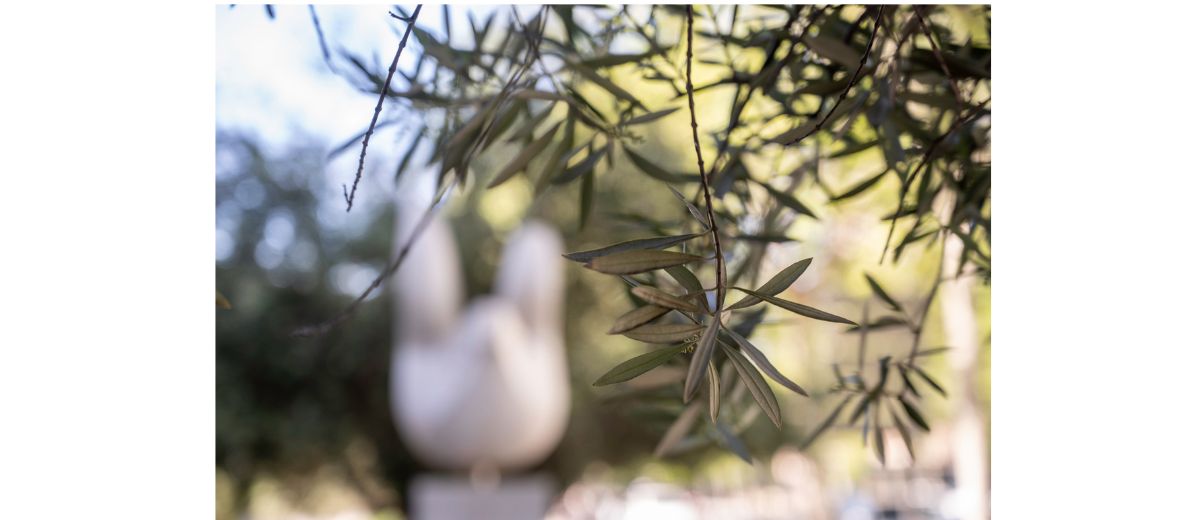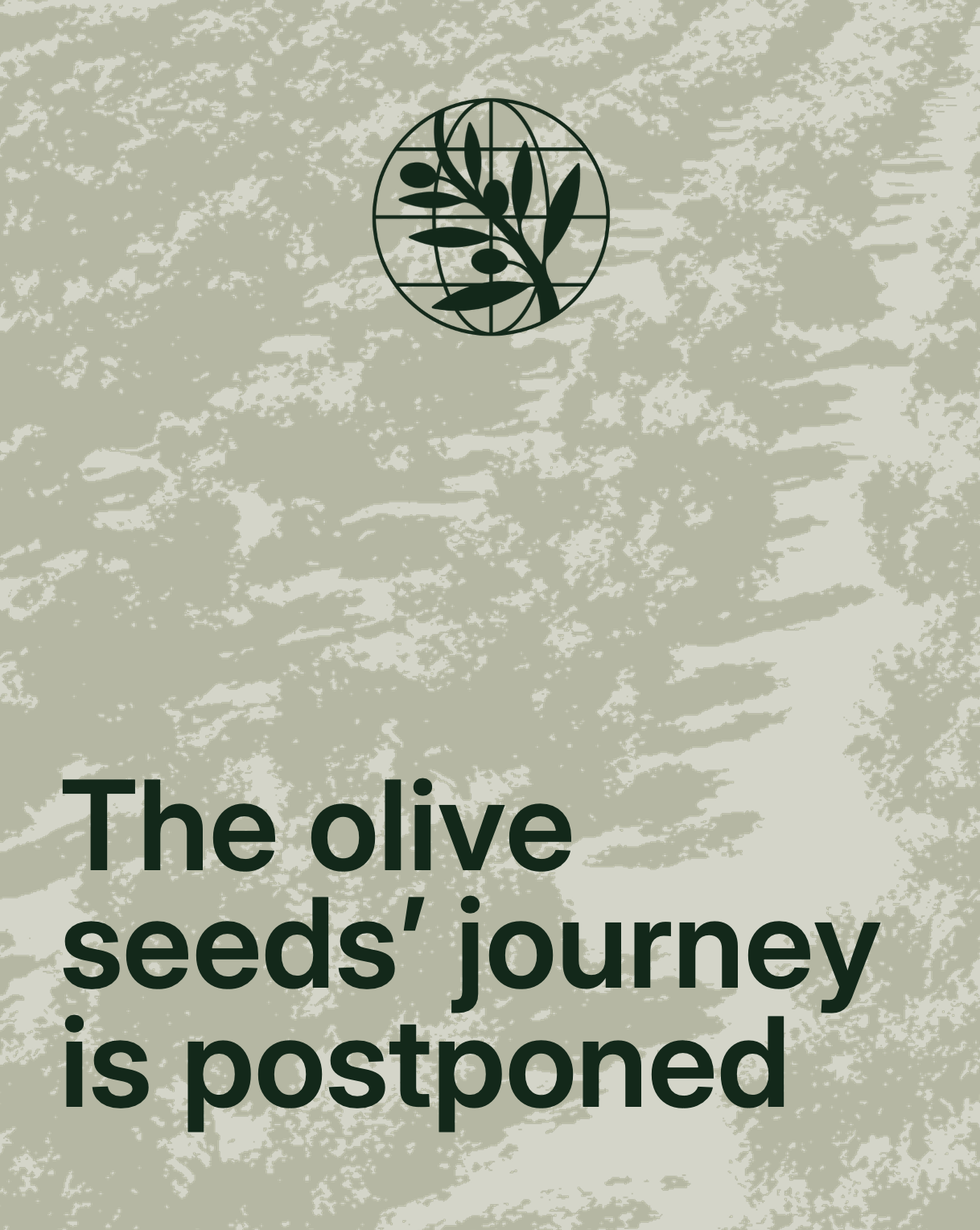This week on the Olive Health Information System website
The newsletter of the University of Navarra and the IOC dedicated to health
Emerging evidence suggests that adherence to the Mediterranean diet is associated with a reduced risk of cognitive decline and supports brain health. However, the underlying biological mechanisms remain unclear. Proteomic analyses offer a promising approach to uncovering molecular pathways that may explain this relationship.
In this context, a recent study examined the plasma proteins associated with the Mediterranean-Dietary Approaches to Stop Hypertension Intervention for Neurodegenerative Delay (MIND) diet and assessed their potential to predict incident dementia after a median follow-up of 21 years within the Atherosclerosis Risk in Communities cohort. A total of 21 proteins were selected by the elastic net regression as being associated with the MIND diet score. Of these, five proteins were significantly associated with incident dementia: thrombospondin-2, protein ABHD14A, structural maintenance of chromosomes protein 3, epidermal growth factor receptor, and interleukin-12 subunit beta. Each of these proteins, both individually and collectively, enhanced the prediction of dementia risk. It is important to highlight that the potential biomarkers identified as being associated with the MIND diet and incident dementia are involved in neural signaling, angiogenesis and anti-inflammatory pathways, which may explain the mechanisms underlying the effect of the MIND diet on dementia risk.
In a similar vein, a second study explored the effects of the Mediterranean diet vs the Western diet on the presynaptic proteome of the temporal cortex in non-human primates (cynomolgus macaques). Six presynaptic proteins—DAT, Aβ42, calreticulin, LC3B, K48-ubiquitin, and SLC6A8—were found at higher levels in the Mediterranean diet group compared to the Western diet group. As the authors discussed, differences in Aβ42 levels suggest altered amyloid precursor protein processing, a key factor in Alzheimer’s disease. Increased DAT expression indicates a dopaminergic response to the Mediterranean diet, which has been linked to a lower risk of Parkinson’s disease. Additionally, genetic variants in SLC6A8 affecting creatine transport are associated with neurobehavioral disorders like autism. These findings support a molecular basis for the Mediterranean diet as a potential adjuvant therapy.
Together, these studies provide valuable insights into the molecular mechanisms that may link the Mediterranean diet to neuroprotection. These findings reinforce the role of diet in dementia prevention and suggest that proteomic profiling could aid in early detection and intervention strategies.
Other articles mentioned this week in the OHIS newsletter:
OOWC brochure Drops of health_olive oil in the US
Olive Oil and its Impact on Americans’ Health
Cardiovascular disease
Midlife Mediterranean Diet is Associated with Subclinical Carotid Atherosclerosis in Late Midlife.
Neurodegenerative diseases
Fertility
Aging
Nutritional Approach to Diabetic Sarcopenia: A Comprehensive Review.
Women’s health
Children
Meal timing, nutritional status and diet quality in a group of Spanish children.
Olive oil
Importance of malaxation conditions to virgin olive oil polar phenolic compounds content.
Other topics
The Two Dimensions of Nutrition for the Planet: Environment and Health.










